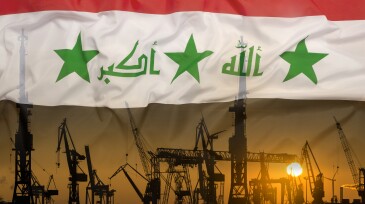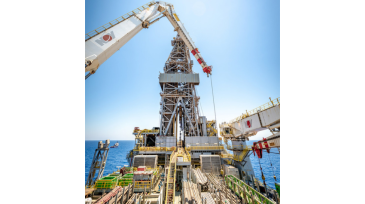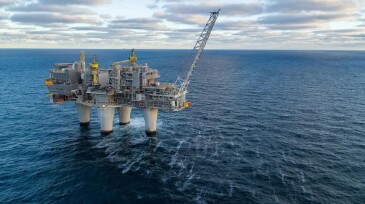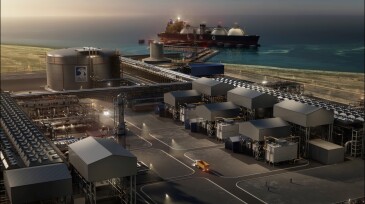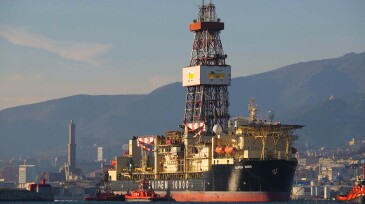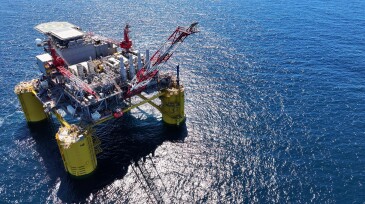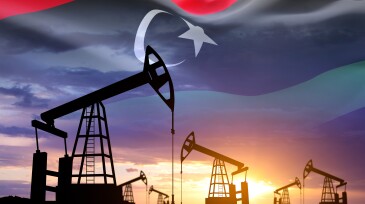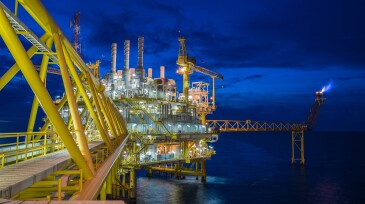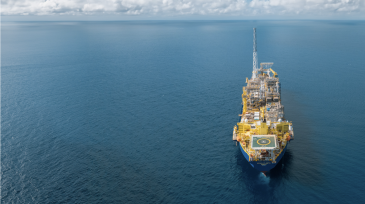Field/project development
Vår Energi ASA and partners have officially sanctioned the Previously Produced Fields Project in the Greater Ekofisk Area. The redevelopment is expected to add high-value barrels starting in 2028, extending the production life of one of Norway’s key offshore regions.
The company engineered, designed, and manufactured multiple internal floating roof systems and tank-top equipment packages for TotalEnergies’ new storage terminal in Equatorial Guinea.
Fugro’s entry into the UK’s small modular reactor market follows its breakthrough in the US, where it secured a contract in February to perform a geoscience site investigation for the recommissioned Palisades Nuclear Power Plant in Michigan.
-
International majors showing new interest in Iraq as China scoops blocks in Baghdad’s most recent bid rounds.
-
By boosting gas supplies to Egypt’s home market, Cairo can return its focus to developing an LNG export hub.
-
The Norwegian operator engaged BW Offshore and Altera Infrastructure to take a run at a development scheme for the project.
-
Of the 53 licenses awarded, 33 are in the North Sea, 19 in the Norwegian Sea, and one in the Barents Sea.
-
Ruwais is slated to be the first net-zero LNG facility in the Middle East and North Africa.
-
The new wells at Zohr are key to a plan to return Egypt’s gas production back to “pre-crisis” levels by June 2025.
-
At peak, 100,000 BOE/D is expected to flow to the Whale production semisumbersible, which largely replicates the Vito semi.
-
The Libyan National Oil Company plans to tender 22 onshore/offshore exploration blocks in 2025 as it works to rebuild credibility with foreign oil producers.
-
As Southeast Asia’s third-largest gas producer, PTTEP is investing in its energy security by prioritizing gas production and building up a global LNG supply chain.
-
The first two wells at Brava Energia’s Atlanta field are producing, with four more to be connected this year.




